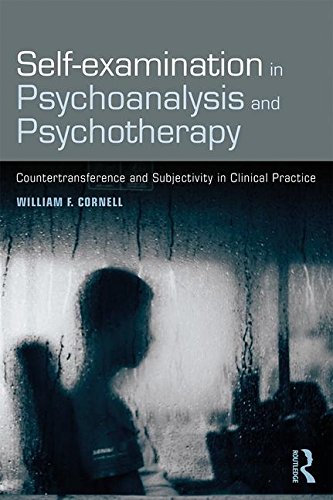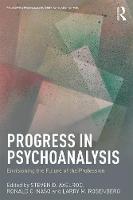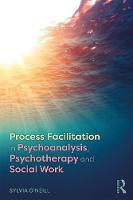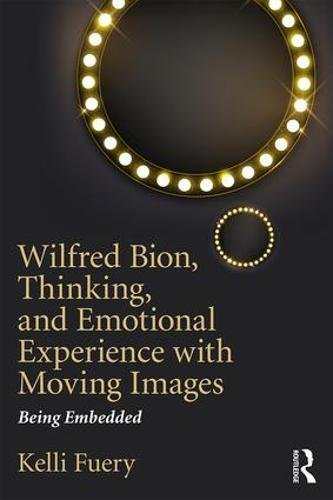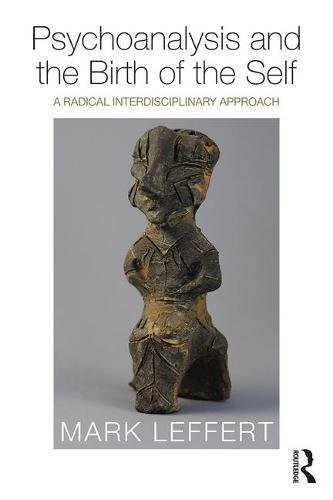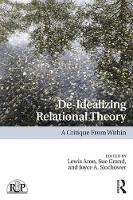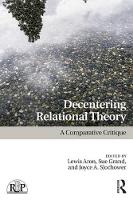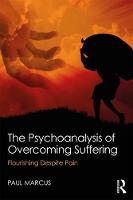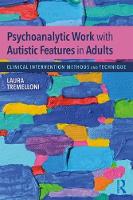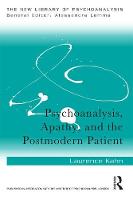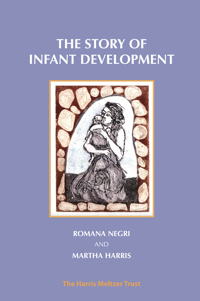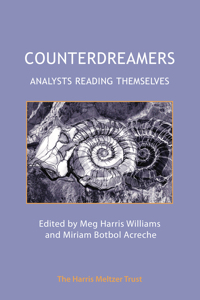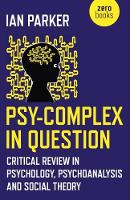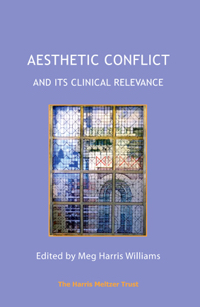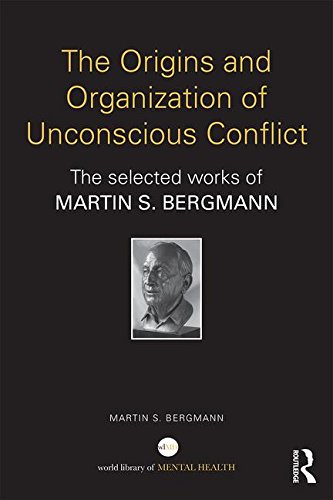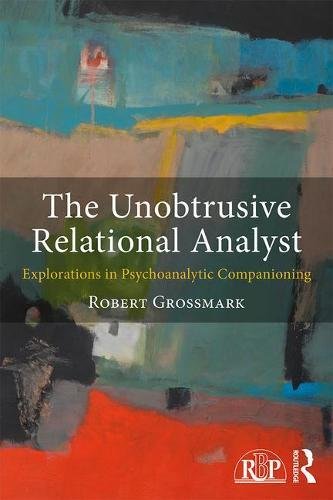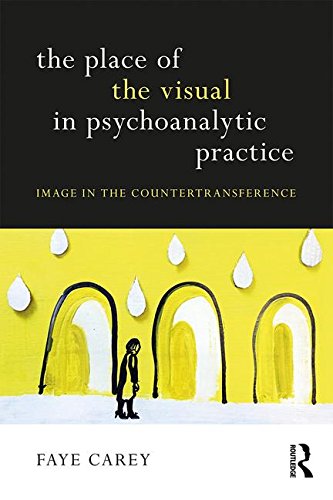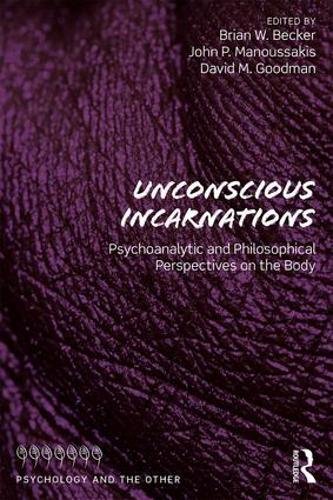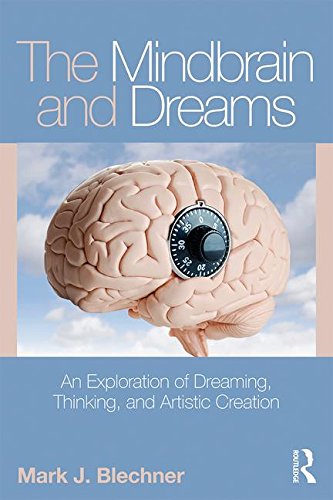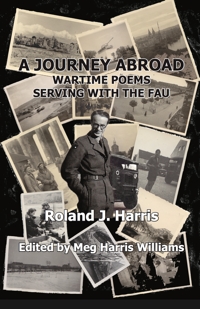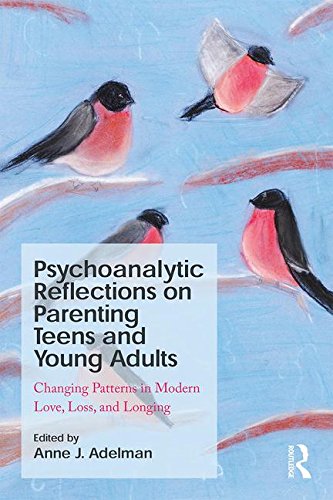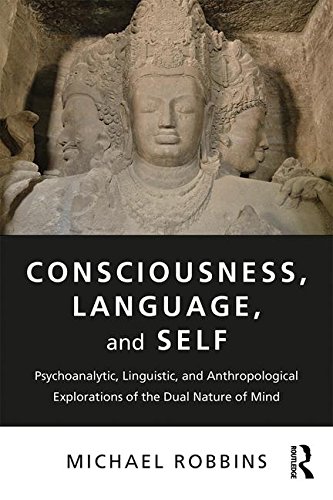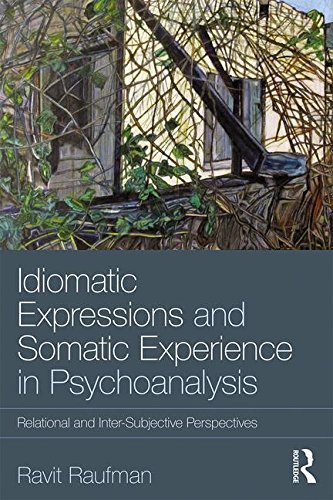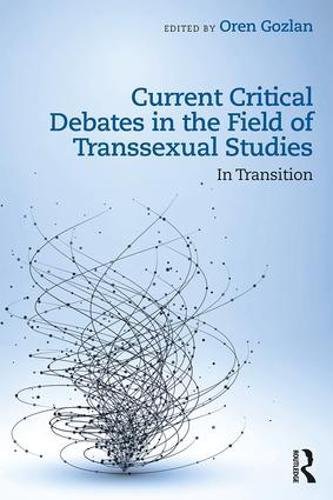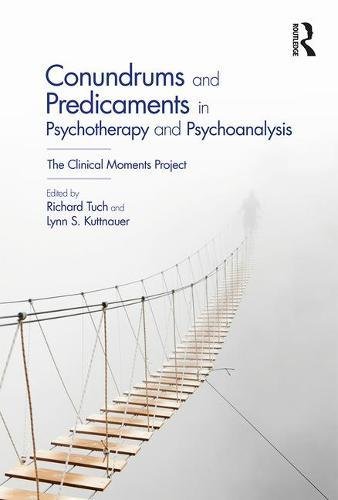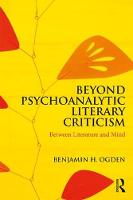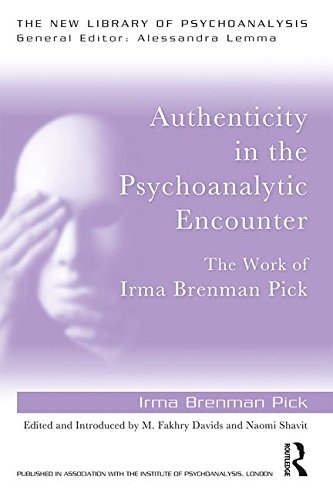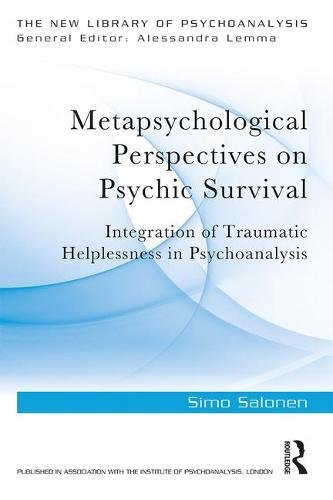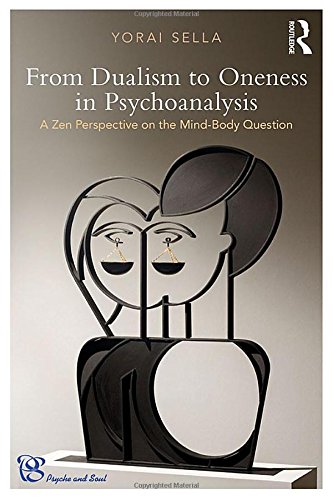Psychoanalysis Books
Self-examination in Psychoanalysis and Psychotherapy: Countertransference and Subjectivity in Clinical Practice
Self-examination in Psychoanalysis and Psychotherapy provides open and intimate accounts of the experience of being in psychotherapy. The internal life of the therapist is as much at the heart of the... (more)
Progress in Psychoanalysis: Envisioning the Future of the Profession
Is psychoanalysis in decline? Has its understanding of the human condition been marginalized? Have its clinical methods been eclipsed by more short-term, problem-oriented approaches? Is... (more)
Process Facilitation in Psychoanalysis, Psychotherapy and Social Work
Process Facilitation in Psychoanalysis, Psychotherapy and Social Work elaborates a differential theory of therapeutic engagement with full reference not only to psychoanalysis and to psychotherapy... (more)
Wilfred Bion, Thinking, and Emotional Experience with Moving Images: Being Embedded
Wilfred Bion's theories of dreaming, of the analytic situation, of reality and everyday life, and even of the contact between the body and the mind offer very different, and highly fruitful,... (more)
Psychoanalysis and the Birth of the Self: A Radical Interdisciplinary Approach
This book draws psychoanalysis out of unsubstantiated, hermeneutic speculation and into the science and philosophy of the Self. Mark Leffert offers a survey of where we as human beings come from,... (more)
De-Idealizing Relational Theory: A Critique From Within
Self-examination and self-critique: for psychoanalytic patients, this is the conduit to growth. Yet within the field, psychoanalysts haven’t sufficiently utilized their own methodology or subjected... (more)
Decentering Relational Theory: A Comparative Critique
Decentering Relational Theory: A Comparative Critique invites relational theorists to contemplate the influence, overlaps, and relationship between relational theory and other perspectives. The... (more)
The Psychoanalysis of Overcoming Suffering: Flourishing Despite Pain
The Psychoanalysis of Overcoming Suffering: Flourishing Despite Pain offers a guide to understanding and working with a range of everyday causes of suffering from a psychoanalytic perspective. The... (more)
Psychoanalytic Work with Autistic Features in Adults: Clinical Intervention Methods and Technique
Psychoanalytic Work with Autistic Features in Adults deals with the diagnostic and therapeutic difficulties of working with patients with autistic residuals, formed in early life experiences that... (more)
Psychoanalysis, Apathy, and the Postmodern Patient
The postmodern turn underlies a new development in psychoanalysis, which has theoretical and practical implications. Psychoanalysis, Apathy, and the Postmodern Patient involves a detailed reading of... (more)
The Story of Infant Development
This book brings together the closely observed development of Simone (from birth to three) and the perceptive comments of Martha (or Mattie) Harris, who was such an influential figure in the... (more)
Counterdreamers: Analysts Reading Themselves
‘Counterdreaming’ is Donald Meltzer’s term for the psychoanalytic reverie that arises from the countertransference during the session, in response to the analysand’s own dreams and phantasies. He... (more)
Psy-Complex in Question: Critical Review in Psychology Psychoanalysis and Social Theory
Psy-Complex in Question traces a series of key debates in and against the psy-complex through critical reviews of twenty-five key texts over the last twenty-five years, with an emphasis on recent... (more)
Aesthetic Conflict and its Clinical Relevance
Donald Meltzer coined the term ‘aesthetic conflict’ to describe the emotional complexities of the ‘apprehension of beauty’. It had its roots in art, literature, infant observation, and above all, in... (more)
The Origins and Organization of Unconscious Conflict: The Selected Works of Martin S. Bergmann
The Origins and Organization of Unconscious Conflict provides a comprehensive set of contributions by Martin S. Bergmann to psychoanalytic theory, technique, and its applications. Following a general... (more)
The Unobtrusive Relational Analyst: Explorations in Psychoanalytic Companioning
Psychoanalysts increasingly find themselves working with patients and states that are not amenable to verbal and dialogic engagement. Such patients are challenging for a psychoanalytic approach that... (more)
The Place of the Visual in Psychoanalytic Practice: Image in the Countertransference
The Place of the Visual in Psychoanalytic Practice: Image in the Countertransference explores the place of the visual image in psychoanalysis and psychotherapy, a still relatively unexplored topic in... (more)
Unconscious Incarnations: Psychoanalytic and Philosophical Perspectives on the Body
Unconscious Incarnations considers the status of the body in psychoanalytic theory and practice, bringing Freud and Lacan into conversation with continental philosophy to explore the heterogeneity of... (more)
The Mindbrain and Dreams: An Exploration of Dreaming, Thinking, and Artistic Creation
In The Mindbrain and Dreams: An Exploration of Dreaming, Thinking, and Artistic Creation, Mark J. Blechner argues that the mind and brain should be understood as a single unit-the `mindbrain'-which... (more)
A Journey Abroad: Wartime Poems Serving with the FAU
The poems in this book were written between 1944 and 1946 whilst the author was serving with the Friends Ambulance Unit, first in London hospitals and then in northwest Europe following the Allied... (more)
Psychoanalytic Reflections on Parenting Teens and Young Adults: Changing Patterns in Modern Love, Loss, and Longing
Psychoanalytic Reflections on Parenting Teens and Young Adults explores the rich, multi-layered parent-child interactions that unfold during the period of separation and launching. While this is a... (more)
Consciousness, Language, and Self: Psychoanalytic, Linguistic, and Anthropological Explorations of the Dual Nature of Mind
Consciousness, Language, and Self proposes that the human self is innately bilingual. Conscious mind includes two qualitatively distinct mental processes, each of which uses the same formal elements... (more)
Idiomatic Expressions and Somatic Experience in Psychoanalysis: Relational and Inter-Subjective Perspectives
Idiomatic Expressions and Somatic Experience in Psychoanalysis examines how verbal and non-verbal language is used in the consulting room, and how those different modes of communication interact to... (more)
Developmental Perspectives in Child Psychoanalysis and Psychotherapy
Developmental Perspectives in Child Psychoanalysis and Psychotherapy incorporates recent innovations in developmental theory and research into our understanding of the nature of change in child... (more)
Current Critical Debates in the Field of Transsexual Studies: In Transition
Current Critical Debates in the Field of Transsexual Studies introduces new thinking on non-conforming gender representation, addressing transsexuality as a subjective experience that highlights... (more)
Conundrums and Predicaments in Psychotherapy and Psychoanalysis: The Clinical Moments Project
From time to time therapists find themselves in a bind-faced with a challenging situation, unsure how to proceed. Such a conundrum leaves the therapist on edge, concerned that the success of... (more)
Beyond Psychoanalytic Literary Criticism: Between Literature and Mind
Through a series of radical and innovative chapters, Beyond Psychoanalytic Literary Criticism: Between Literature and Mind challenges the tradition of applied psychoanalysis that has long dominated... (more)
Authenticity in the Psychoanalytic Encounter: The Work of Irma Brenman Pick
Authenticity in the Psychoanalytic Encounter brings together Irma Brenman Pick's original contributions to psychoanalytic technique. Working within the Kleinian tradition, she produces vivid clinical... (more)
Metapsychological Perspectives on Psychic Survival: Integration of Traumatic Helplessness in Psychoanalysis
Metapsychological Perspectives on Psychic Survival explores the integration of traumatic helplessness in the course of psychoanalytic treatment. Based on the author's many years of experience of... (more)
From Dualism to Oneness in Psychoanalysis: A Zen Perspective on the Mind-Body Question
From Dualism to Oneness in Psychoanalysis: A Zen Perspective on the Mind-Body Question focuses on the shift in psychoanalytic thought, from a view of mind-body dualism to a contemporary non-dualistic... (more)


